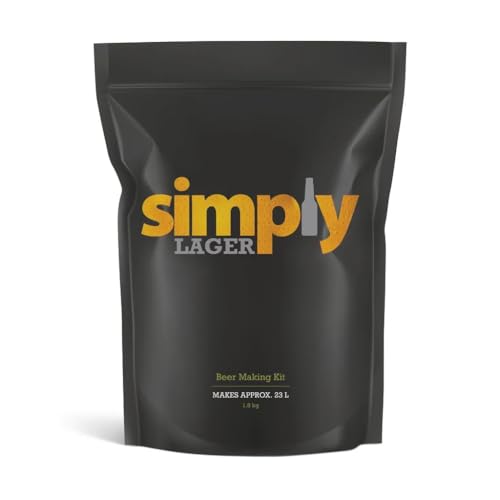After 126 all grain brews, I brew with confidence. Perhaps it was drunken bravado but when asked if I could make a wine from this years bountiful crop of grapes in my mates Lancashire back garden, I claimed that I could.
My thoughts so far are to make a sparkling wine in the hope that the fizz will cover any inadequacies in flavour. I thought I'd crush and squeeze the grapes, which are slightly red in colour, to release as much juice as possible. I don't want to steep or pulp ferment to get the red colour out. I'll be happy with Champagne!
Should I then use campden tablets to kill the wild yeast? I'll than acquire a champagne yeast, unless there is a better alternative. I'll take a hydrometer reading and adjust upwards with white sugar if needed. What would be a good target OG?
I'll ferment until done and then use finings to get it as clear as I can.
How much sugar will I need in a bottle? I haven't acquired the bottles yet so don't know what volume they'll be.
Does this sound like a plan or am I hopelessly lost?
My thoughts so far are to make a sparkling wine in the hope that the fizz will cover any inadequacies in flavour. I thought I'd crush and squeeze the grapes, which are slightly red in colour, to release as much juice as possible. I don't want to steep or pulp ferment to get the red colour out. I'll be happy with Champagne!
Should I then use campden tablets to kill the wild yeast? I'll than acquire a champagne yeast, unless there is a better alternative. I'll take a hydrometer reading and adjust upwards with white sugar if needed. What would be a good target OG?
I'll ferment until done and then use finings to get it as clear as I can.
How much sugar will I need in a bottle? I haven't acquired the bottles yet so don't know what volume they'll be.
Does this sound like a plan or am I hopelessly lost?


























![BREWING THERMOMETER STICKERS ACCURATELY MONITOR FERMENTING BEER & WINE LIQUID TEMPERATURES 5PCS HOME BREW SPIRITS WINE LCD ADHESIVE [US]](https://m.media-amazon.com/images/I/311DDjo2X3L._SL500_.jpg)














